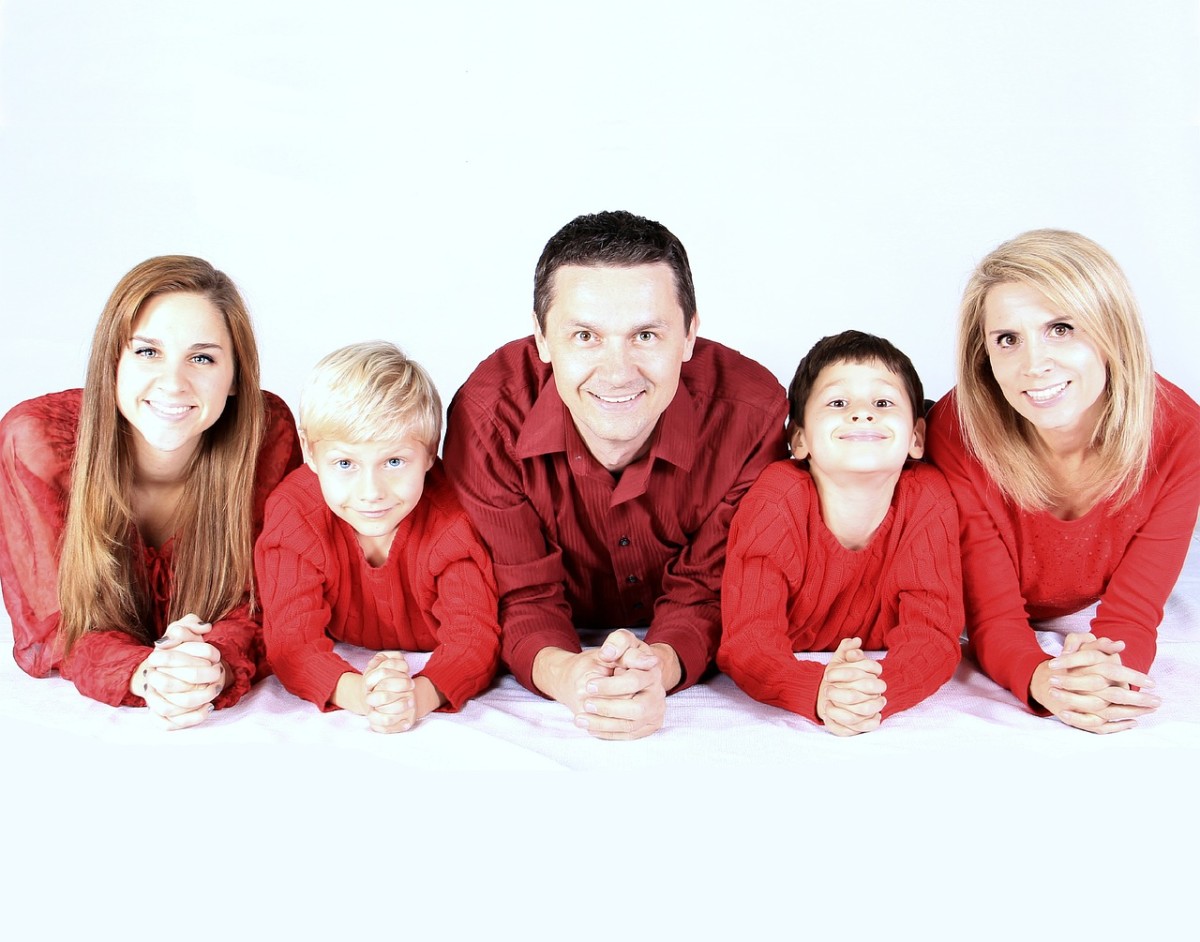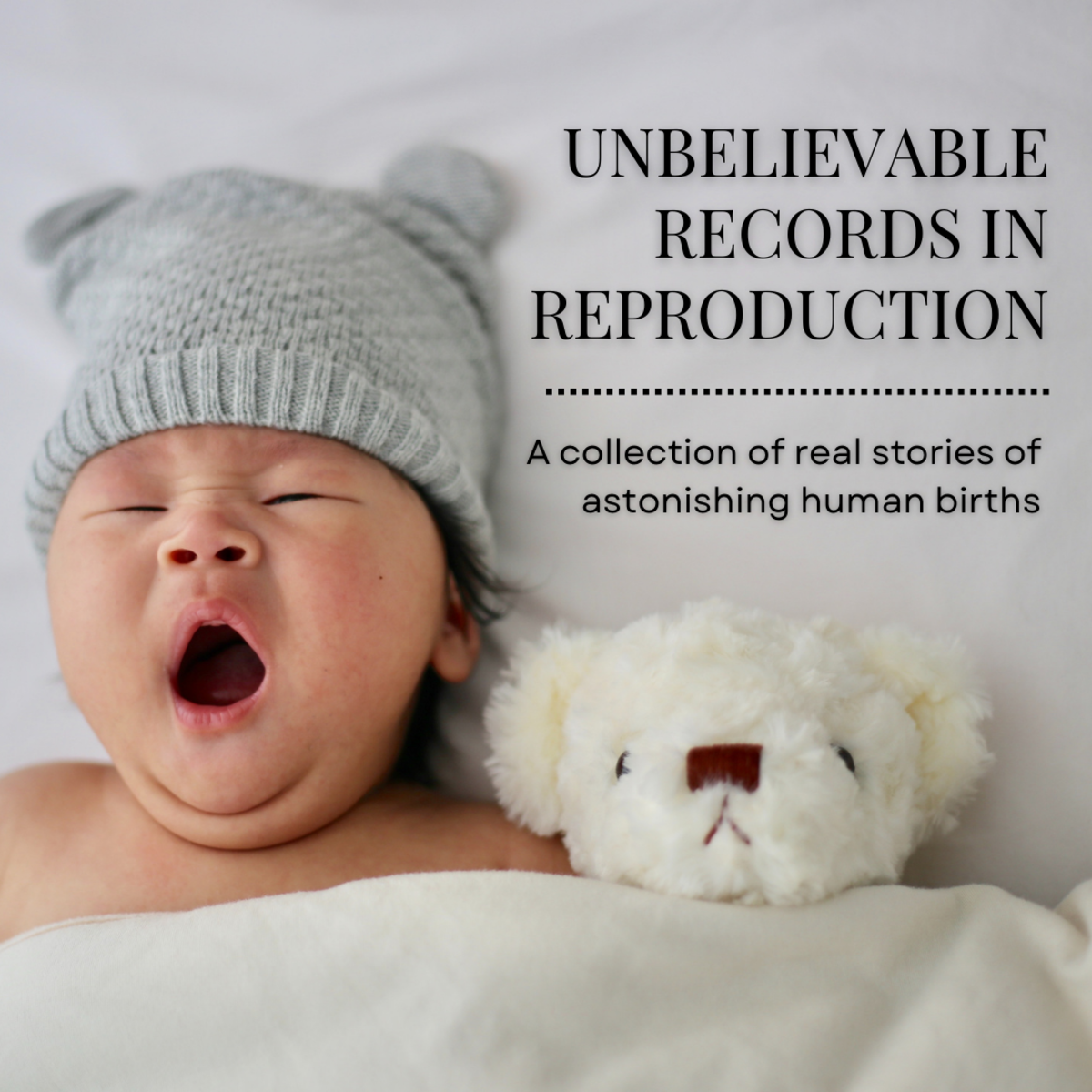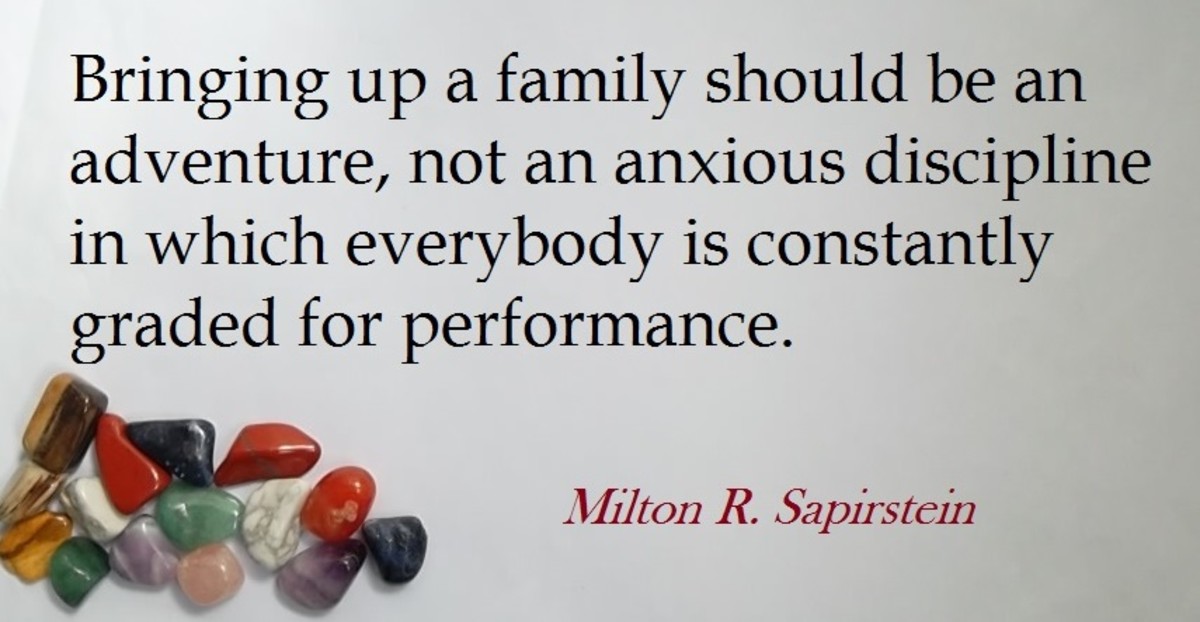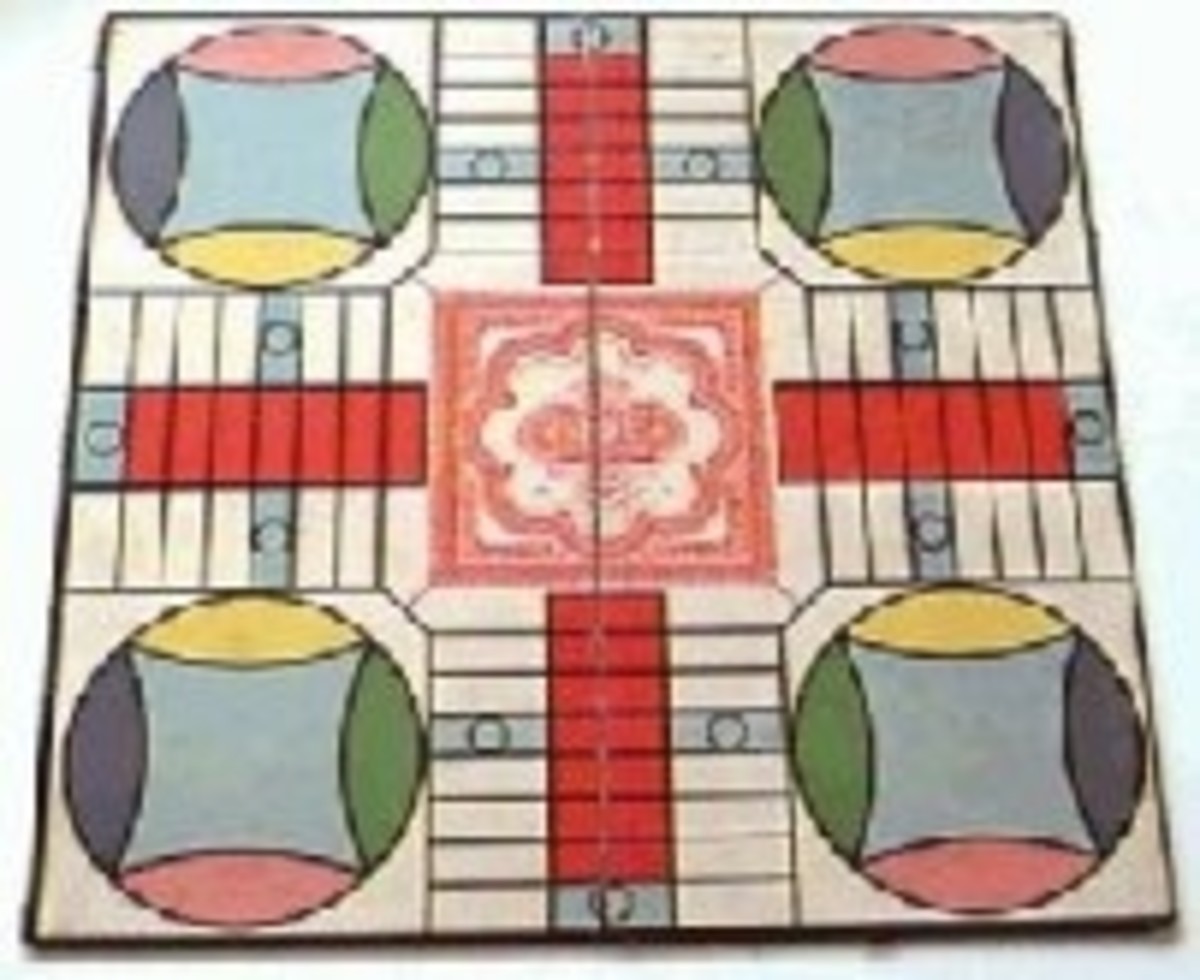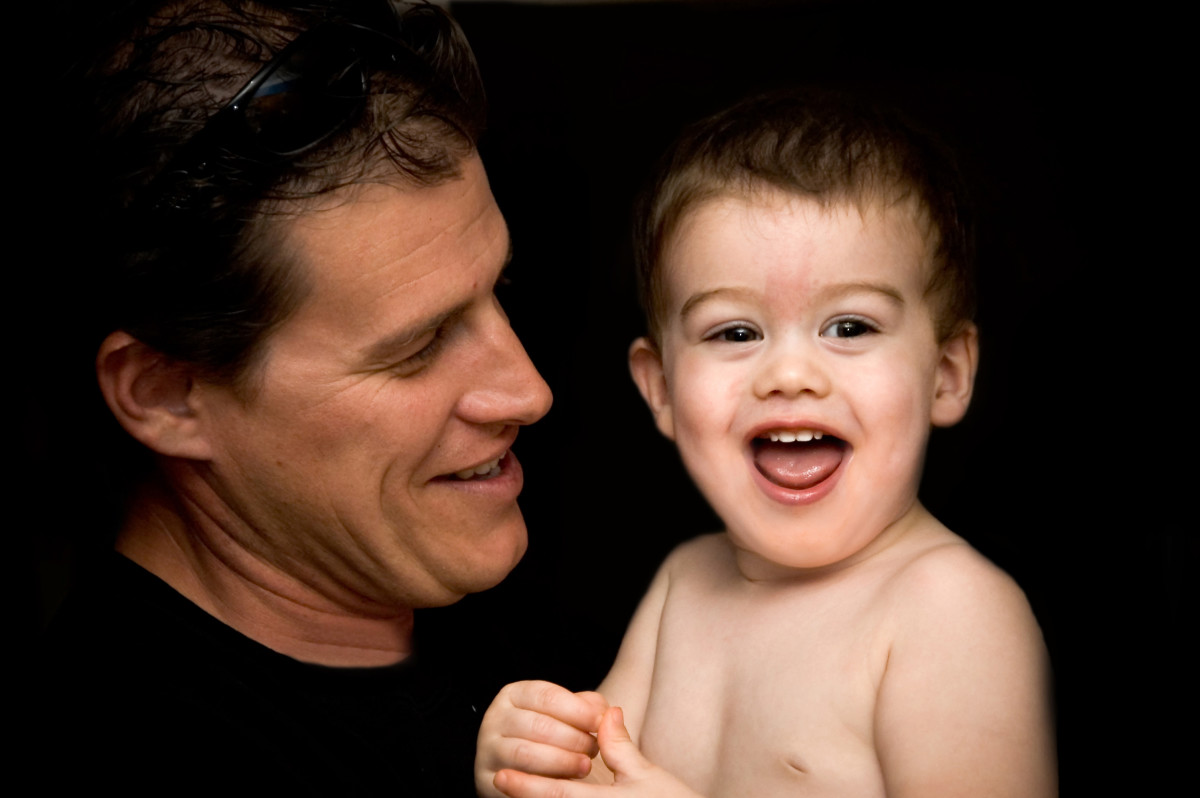Birth Order: Where Do You Fit In?
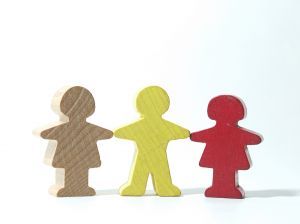
What are your thoughts on the Birth Order Theory?
Do You Believe?
Where do you rank in the sibling chain of command of your family? Are you the oldest and thus perfect? Are you the middle child and thus a problem? Or are you the youngest and thus precious?
Now that you are older, does your place in the family matter as much as it did ten, twenty years ago? Do you believe your chronological age really does make a difference? Do you wish that there was a theory to explain the behavior of yourself and your siblings? Wish no more for there is indeed a theory that does just that…the Birth Order Theory!
I first learned about the birth order theory a few years ago during a psychology class. This theory essentially states that all children (the oldest , middle and the youngest) have certain personality traits because of their place in the family. Some members of the mental health field believe this theory has a truth to it. Alfred Adler, a psychotherapist, founded the Alfred Adler Institutes on this theory i.e. birth order does affect an individual’s personality and place in society. Other psychologists and mental health professionals, believe that the birth order theory is about as scientific as a baloney sandwich. They believe that a person’s personality is influenced more by society than by genetics.
I believe in this theory because of my experience in my own family. According to this theory, the oldest child is use to being the center of attention. He/she is compelled to hold superiority over other children. For the oldest child, being right often is very important. Parents push the oldest child because they have high expectations for them. Lastly, he/she is a hard working perfectionist who is likely to be successful and responsible.
This describes my brother, Joel, a Harvard University graduate, "to a T." Since kindergarten, he worked towards his goal of going to Harvard. Little Joel had a Harvard bumper sticker on his Curious George lunch box and always wrote about going to Harvard for every time the class assignment about what he‘d do in the future was assigned. I don’t know who put the idea of going to Harvard into his head. It could've been my mother, or, just as easily, a movie. The exact reason carries no weight. Because Joel always got excellent grades in school, and thus was smarter than other children, he felt superior to them. Because he was never wrong in school, he thought he was right about everything else. Joel’s brain always made him the center of attention. He has always been successful.
The middle children, says the theory, are good at making friends and are “people-pleasing.” Middle children let others walk all over them. They worry about being overlooked. They feel life is unfair. They feel unloved. They feel like they don’t have a place in the family. The middle child becomes easily discouraged and is often seen as the "problem child." They elevate themselves by putting down other siblings. Lastly, they don’t have the rights of the oldest child nor the privileges of the youngest.
This is my brother Steven, the actor. My brother always puts his friends before everything else. This has had disastrous consequences for him. He nearly failed high school, went broke, and had to be bailed out financially many times, not by friends, but by family. Steven has always complained about not being loved by our family and not really feeling like he fits in. He would never blame his bad decisions on himself, but on how unfair life is. My mother sees him as the “problem child.” He is the one who talks back to her and the one who always needs to be taken care of by her. Steven is famous for using put downs as a defense mechanism. Growing up, we loved him dearly, but we never wanted to be around him. We easily could've made him feel isolated. Happily, Steven is a success now and we're all very proud of him.
The youngest child likes to entertain and show off. Charming one minute and hard to handle the next, the youngest child worries about not being taken seriously and suffers from feelings of inferiority. The youngest child often surpasses older siblings. They boss the family and get their own way. The youngest child is "the Baby" no matter how old. Lastly, if the youngest is the youngest of three children, he or she often allies with the oldest child against the middle child.
I am the youngest child and this definition describes me. Since I was three, I have been involved in theatre. I didn’t really know what I was doing, nor did I care. I just knew that it made my mother and grandmother happy to see me twirling around and I liked being the center of their attention. I liked making people happy more than anything else though. Now this next one is hard to admit, but it’s true. People tell me I have amazing mood swings and that I can be a real diva. I know that I do worry about people not taking me seriously. I joke a lot, but it is really a cover for how self-conscious I feel. I am the boss of my family when my mother is not around. I’m the most responsible of the three of us and even though we are all grown-up, I am the one my mother leaves in charge when she is away. I get my own way most of the time because I do many things like my mother. I am always called “the baby” and I’m sure it will always be this way. Regardless of how many important things I’ll accomplish in my lifetime, no one in my family will ever see me as anything, but my two-year-old self. It’s just something I’ll have to accept, as my grandmother always used to say. And I have always allied with Joel against Steven. It is just that Joel and I think alike about most things and what we want done is the sensible thing. Steven can be pretty impractical a lot of the time.
So now you know about my brothers and me. Are we unique? No, we are not, as you will see from the following experiences of three of my friends and their siblings.
Lisa Silverman is a 22-year-old college senior at Brandeis University in Waltham, MA. She is the youngest of her family. She has two older sisters, Margaret and Kristen. Margaret is the oldest and is training to be a dentist. Kristen is the middle child and is a freshman at a local community college.
“I’m really the middle child. I’m ignored a lot. Mags is the beautiful one and Kristen is the one who gets babied. I’m just the one who smokes a pack a day,” Lisa says, laughing. “It’s sad, but none of those birth order things apply to me. I guess that makes me even more abnormal than I thought.”
Beth Lambert is a 19-year-old college sophomore at Smith College in Northampton, MA and, until last month, she was the youngest of her family. She has an older brother, Alex, and a younger half brother, Gavin. Alex is a bank teller at a credit union in Lowell, MA. Gavin is a one month old who currently specializes in giggling and drooling.
“It's weird not being the baby anymore,” she says. “I was the baby for so long. I don’t think I’ll ever fit the description of the middle child. I think its more of a phase thing anyway, and I’m too old to go through those nasty phases.”
Kate Clark is an 21-year-old college junior at Florida State and the oldest child of her family. She has a younger brother, Shuler, who is a high school sophomore.
“Sometimes I feel like a mom to my brother, but, at least, he comes to me with problems.” Kate says. “ I’m a role model to him, which is cool. Sometimes I don’t set the best example, but he can learn from that too.”
So, what do you think? Are our personality traits determined by our birth order? Would we be the same individuals if we held a different place in our family?
Information I consulted when writing this:
Child Development Institute . Birth Order Page . http://www.childdevelopmentinfo.com/development/birth_order.htm.
This content reflects the personal opinions of the author. It is accurate and true to the best of the author’s knowledge and should not be substituted for impartial fact or advice in legal, political, or personal matters.
© 2009 Lincy A. Walsh

